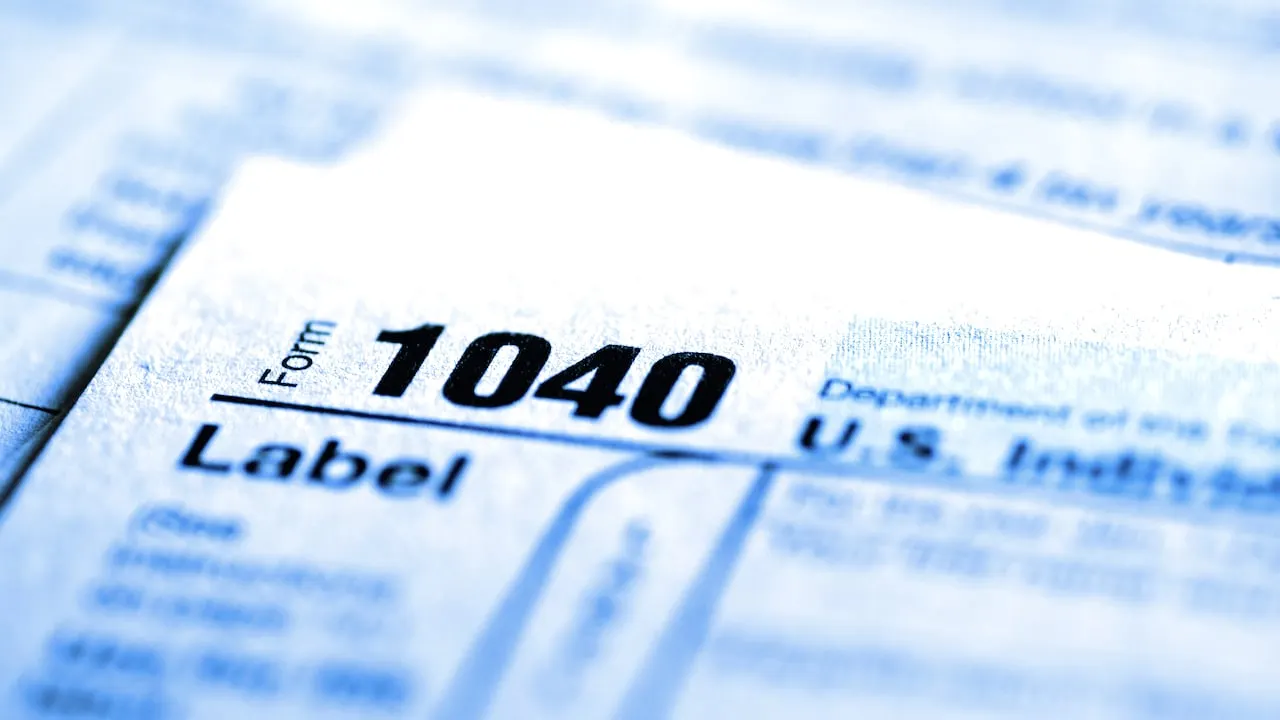In brief
- The IRS released revised draft instructions for the 1040 on December 31.
- The instructions clarify that US tax filers who purchased cryptocurrency in 2020 must indicate so on the 1040.
- An October 23 version of the instructions did not explicitly mention purchases.
The United States Internal Revenue Service (IRS) has released revised draft instructions for tax filers in 2021 that clarify that cryptocurrency purchases count as virtual currency transactions.
According to the instructions, anyone who bought cryptocurrency in 2020 must answer “yes” to a question on Form 1040—for individuals filing income taxes—that asks: “At any time during 2020, did you receive, sell, send, exchange, or otherwise acquire any financial interest in any virtual currency?”
Those who merely held cryptocurrency or transferred it between wallets they own or control can answer “no” to the question.
Oddly, a draft instructions page from October attempting to explain when to check “yes” did not explictly mention purchases. It detailed transfers (including from airdrops and hard forks), sales, and trades, but neglected to fully explain what it means to “acquire any financial interest.” The revised draft, published December 31, 2020, has fixed that.
Shehan Chandrasekera, Head of Tax Strategy for tax software firm CoinTracker, first pointed out the revisions. He told Decrypt the clarification is important. “‘Financial interest’ is a cover-all type of category,” he said. “We still do not know how narrowly or broadly one should think about it. In my opinion, the inclusion of crypto purchases made things more clearer for people who were on the fence.”
However, despite needing to click “yes” on that question, according to Chandrasekera, there’s “nothing to report on any forms because buying crypto in USD is not a taxable event.” In other words, anyone who buys Bitcoin or another digital asset does not pay taxes because of the purchase.
So, why might the IRS want to know if someone has purchased cryptocurrency? The agency isn’t saying.
But, as far as the form goes, it’s not concerned with how much US tax filers are purchasing; whether $1 or $100,000, they need only to check a box. By contrast, those who made money off of crypto trading must determine their capital gain or loss and report that figure, as capital gains are taxed and capital losses can reduce what’s owed. Likewise, those who received crypto as compensation must report it as income.
This is all still a bit new for the IRS. Last tax season, the question wasn’t on the 1040 at all, but on the Schedule 1, a supplement for additional income, such as from rental properties and alimony. This year the IRS has put it at the top of the 1040, below boxes for the filer’s name and address.
Daily Debrief Newsletter
Start every day with the top news stories right now, plus original features, a podcast, videos and more.

